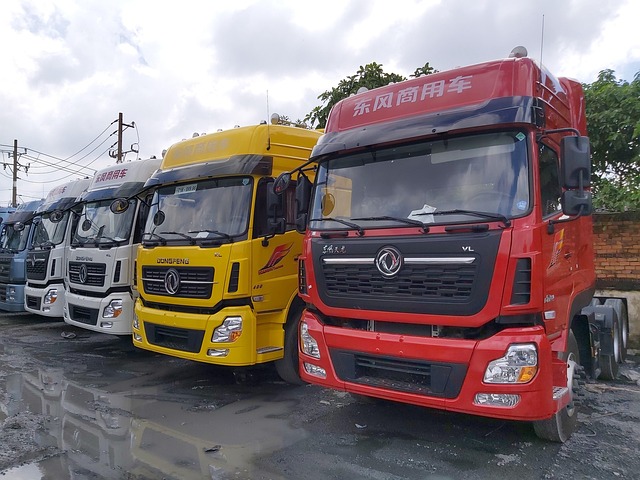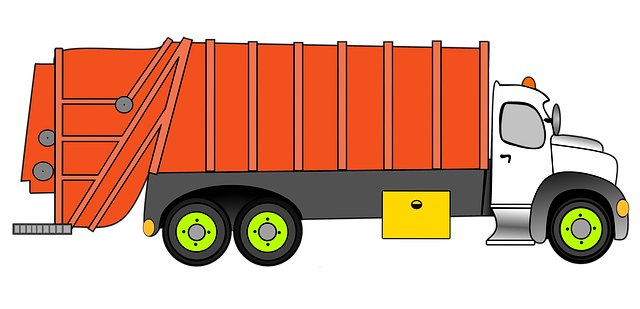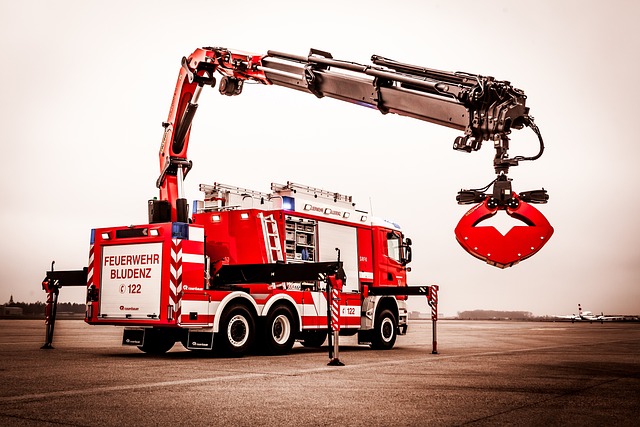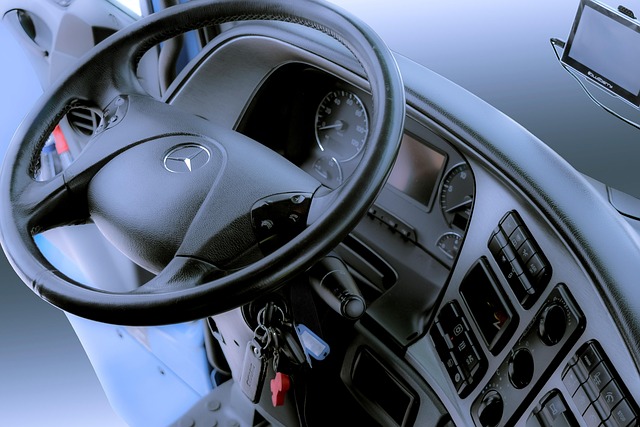Looking to register your car in California? This comprehensive guide walks you through the process step-by-step, ensuring a smooth experience. From understanding crucial registration requirements and gathering essential documents to verifying your Vehicle Identification Number (VIN) accuracy and choosing the right class, we cover it all. Discover how to promptly submit your application and receive your registration papers, making you legally compliant in no time. Don’t forget to use our VIN verifier for added convenience.
- Understand California Car Registration Requirements
- Gather Necessary Documents for Registration
- Verify Vehicle Identification Number (VIN) Accuracy
- Choose an Appropriate Registration Class & Fee Payment
- Submit Application and Receive Your Registration Papers
Understand California Car Registration Requirements

Before registering your car in California, it’s essential to understand the state’s requirements. All vehicles operated on California roads must be properly registered with the California Department of Motor Vehicles (DMV). This involves submitting the necessary paperwork and ensuring your vehicle meets safety and emissions standards. One crucial component is having a valid Vehicle Identification Number (VIN) inspection completed.
A mobile VIN inspection or using a vin verifier service can facilitate this process, as it verifies the vehicle’s history and ensures it’s not stolen or has outstanding issues. This is an important step to navigate California’s registration process smoothly. Remember to keep your DMV documentation up-to-date and accurate to avoid any delays or penalties.
Gather Necessary Documents for Registration

Before you begin the registration process, it’s crucial to gather all the essential documents required by the California Department of Motor Vehicles (DMV). One critical piece is the Vehicle Identification Number (VIN) verifier, often available through a mobile vin inspection service. This digital tool verifies your vehicle’s history, ensuring it meets safety and emission standards. Additionally, you’ll need proof of ownership, typically a title or bill of sale, along with valid identification documents like a driver’s license or state ID card. Don’t forget insurance proof, as it’s mandatory for registration in California.
Other pertinent documents include registration certificates from previous states (if applicable), any existing permits or liens on the vehicle, and, if you’re purchasing a used car, a completed and signed odometer reading statement. Having these documents readily available will streamline your visit to the DMV and potentially speed up the registration process through a mobile vin inspection.
Verify Vehicle Identification Number (VIN) Accuracy

Before you begin the registration process, it’s crucial to ensure your Vehicle Identification Number (VIN) is accurate. The VIN is a unique code that identifies your car, and any errors or discrepancies could lead to delays or issues down the line. Many online tools and mobile apps, like a vin verifier, can help you quickly and easily verify the VIN’s authenticity by cross-referencing it with official databases. This step ensures that your vehicle information matches up with records, preventing potential problems during registration.
A vin inspection is a straightforward process; you simply input your VIN into the chosen mobile vin verification service, which will then display the vehicle’s details. This method allows you to catch any mistakes early on, such as a VIN that has been altered or reported as stolen. Taking this proactive measure can save you time and effort in the long run, ensuring a smooth registration experience for your California car.
Choose an Appropriate Registration Class & Fee Payment

When registering your car in California, understanding the appropriate registration class is key. Different types of vehicles have distinct requirements, from standard passenger cars to motorcycles and commercial vehicles. The registration fee varies based on the vehicle’s class and age. It’s essential to check the California Department of Motor Vehicles (DMV) website for up-to-date fee schedules. Using a reliable vin verifier like a mobile vin inspection or mobile vin verification service can help streamline this process by quickly providing key vehicle information, ensuring you select the correct class and pay the associated fees accurately.
Before proceeding with registration, make sure to have all necessary documents ready, including proof of ownership, valid insurance, and any required emissions test certificates. Additionally, for older vehicles, a historical vehicle registration or exemption might apply, which can further influence the registration process and associated costs.
Submit Application and Receive Your Registration Papers

After gathering all necessary documents and ensuring your vehicle meets California’s requirements, it’s time to submit your application. You’ll need to fill out Form MVC-147, which is available online or at any California Department of Motor Vehicles (DMV) office. This form requires detailed information about you, your vehicle, and its history.
Once submitted, the DMV will process your application and perform a vin inspection using their systems and potentially a mobile vin verifier. Upon successful verification, they’ll issue your registration papers. These documents confirm your vehicle’s ownership and legal status in California. Keep these records handy, as you’ll need them for future interactions with the DMV or when selling your vehicle.
Registering a car in California involves understanding specific requirements, gathering essential documents, and accurately verifying the Vehicle Identification Number (VIN) using reliable tools like VIN verifier services. By following these steps—from ensuring all necessary paperwork is in order to selecting the appropriate registration class and fee—you can successfully navigate the process and obtain your official registration papers. This ensures your vehicle complies with state regulations and allows you to legally operate it on California roads.



